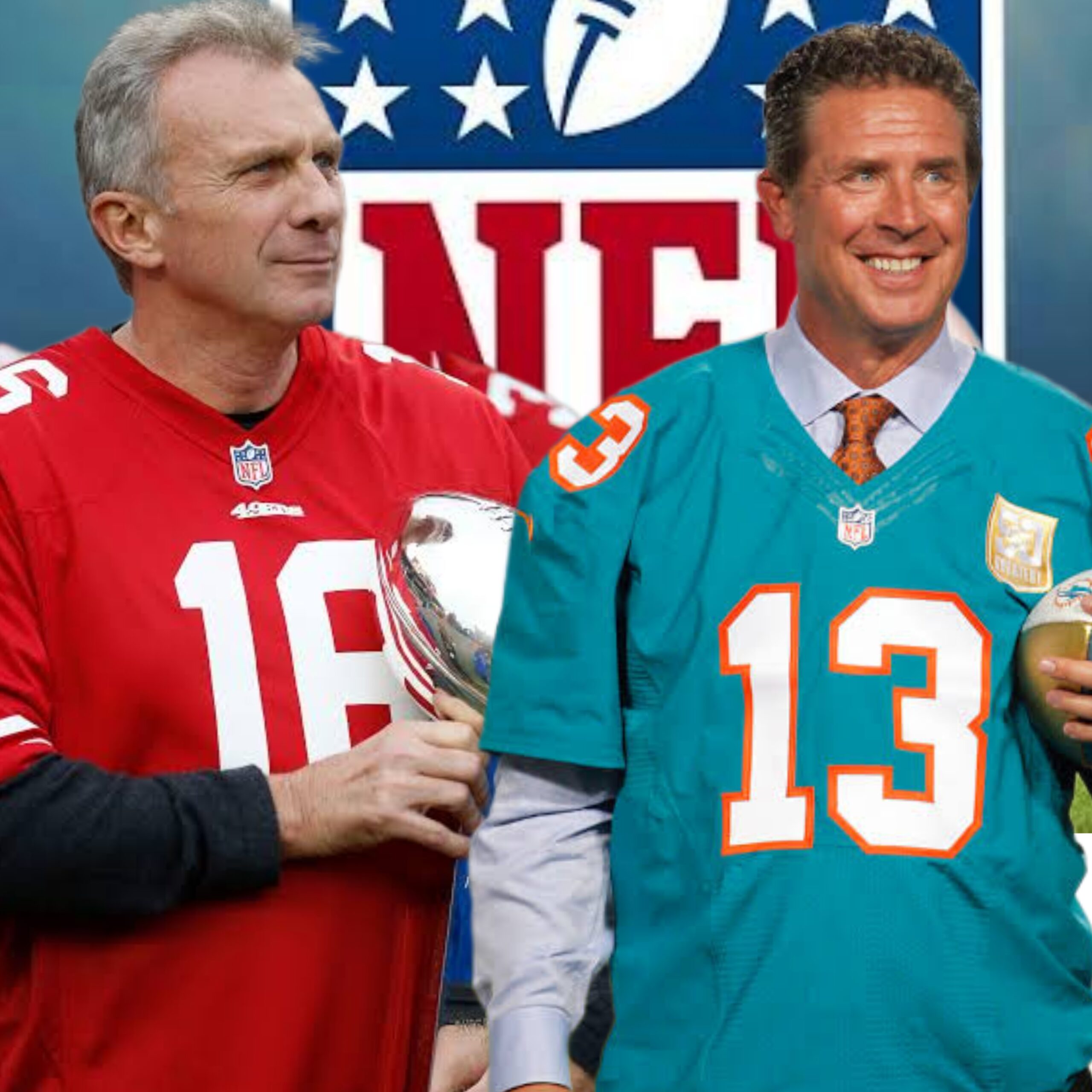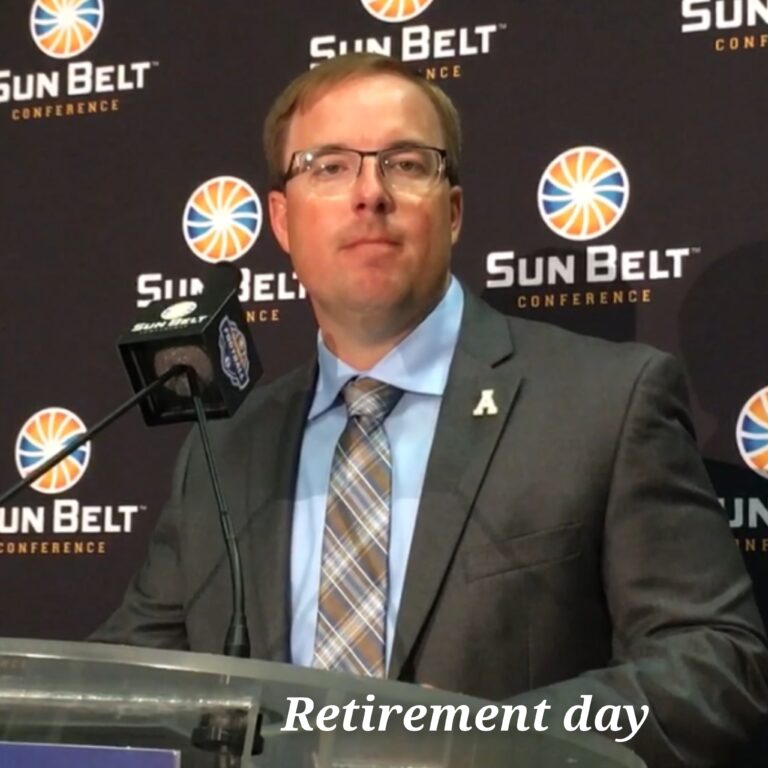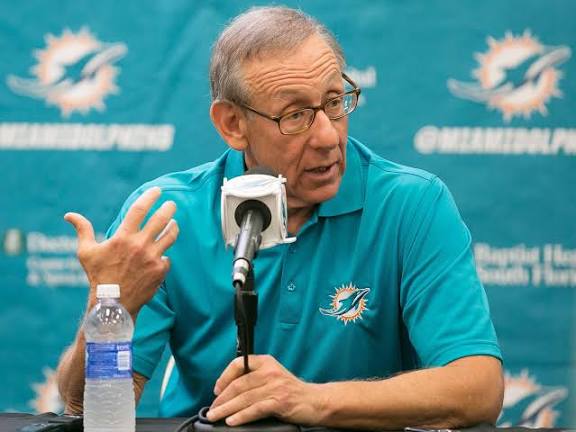
- Roger Goodell, the current Commissioner of the NFL, made waves today with a bold statement that has sparked discussion among football fans and analysts alike. In his statement, Goodell suggested that **Dan Marino** should be rated higher than **Joe Montana** in the hierarchy of NFL quarterbacks. This comment is a surprising one, given Montana’s legendary status, including his four Super Bowl titles and his reputation as one of the game’s most clutch players. However, Goodell’s assertion opens up an interesting debate about the various factors that determine greatness in the NFL.
Marino and Montana, while both elite quarterbacks, had markedly different careers, and their legacies are often viewed through different lenses. Joe Montana, who played the majority of his career with the San Francisco 49ers, is widely regarded as one of the most successful and composed quarterbacks in NFL history. Montana led his teams to four Super Bowl victories and was known for his ability to perform under pressure, especially in the postseason. His perfect 4-0 Super Bowl record, coupled with his calm demeanor and high football IQ, has cemented his place as a Hall of Famer and one of the greatest to ever play the position.
On the other hand, Dan Marino, who spent his entire career with the Miami Dolphins, is often considered one of the most gifted passers the league has ever seen. Marino revolutionized the quarterback position with his quick release, arm strength, and ability to throw the football deep with accuracy. Despite his individual brilliance, Marino never won a Super Bowl, which is a significant point of contention when comparing him to other all-time greats. He holds numerous passing records, including the most passing yards and touchdowns for many years, but his inability to secure a championship has often been cited as a mark against his legacy.
Roger Goodell’s statement seems to be an attempt to highlight Marino’s incredible individual achievements, suggesting that his statistics and overall influence on the game might warrant a higher ranking than Montana, who benefited from a more successful team. It’s true that Marino’s numbers, especially in terms of passing yards and touchdowns, have historically been eye-popping, and he was often ahead of his time in terms of his passing mechanics and deep ball accuracy. Goodell’s comments might also be an attempt to shift the narrative away from championships being the only defining measure of a quarterback’s greatness.
However, the counterargument is that football is a team sport, and Montana’s success in winning four championships in the 1980s cannot be easily dismissed. Championships often define the legacies of athletes in team sports, and Montana’s flawless Super Bowl performance is difficult to overlook. But perhaps Goodell’s perspective is valid in recognizing that a player’s individual performance, especially one as transcendent as Marino’s, deserves equal consideration in the debate over who is truly the greatest quarterback of all time.
In conclusion, the debate between Marino and Montana reflects the complex nature of ranking quarterbacks. Should championships weigh more than individual statistics, or should both be considered equally? Goodell’s statement challenges the traditional narrative and invites further discussion on how greatness is defined in the NFL.


